14ymedio, Lorey Saman, Mexico, 9 February 2021 — A score of doctors demonstrated Monday in Mexico City’s Zocalo plaza in protest against Andrés Manuel López Obrador’s government requiring them to study their specialty in Cuba.
“They say that the infrastructure there is greater than what we have in Mexico, but here we have more hospitals and there is a greater need for specialist doctors,” declared Ingrid Izar Cuéllar to the local media; Dr. Izar was one of the doctors who protested this Monday in front of the Palacio Nacional, the seat of the Mexican Executive and also, since he took office two years ago, the residence of López Obrador.
The Mexican president had announced in May of last year that they would start a program of scholarships for doctors to live abroad, due to the lack of vacancies in the country. Months later, in November, the health authorities reported not only the doubling of positions but also the launching of up to 1,600 scholarships abroad, with destinations in Canada, the United States, Argentina, Cuba and Australia.
In fact, when doctors took their specialty exams, they were asked if they wanted to go abroad and which country they preferred. continue reading
However, when the Mexican National Council of Science and Technology (Conacyt) published the call for the scholarships last December 15, they were only for Cuba. On that occasion, health consultant Xavier Tello noted that Mexico would pay the Cuban government a total of 40 million dollars as “tuition” for this program.
Those aspiring to residencies were up in arms, because it was not even optional: if they did not accept the place on the Island, they would lose it, and their exam results would not be considered.
“It is unfortunate for the aspirations and dreams of doctors who yearn to do a specialty outside the country, that they are not given the opportunity to do it in the place they prefer,” Belinda Cázares Gómez, president of the Mexican Medical Association, told 14ymedio. “It is frustrating, moreover, that if they do not accept studying in Cuba, they will lose their exam passing grade and their efforts will not be recognized.” And she adds: “I don’t think they were even warned.”
“Because of the conditions associated with the pandemic, doctors prefer to stay in their own country and not go out to take risks,” says Dr. Cázares.
Along the same lines, Dr. Izar told Imagen Radio: “We are in the middle of the pandemic and we demand a position here because our selection certificate is about to expire in two weeks.”
Those, like Izar, who passed the National Medical Residency Examination last November, must begin their residency on March 1, but those who chose to go abroad, in this case Cuba, must apply for the Conacyt scholarship before February 12.
“For Rehabilitation Medicine, 449 applicants were selected, of which only 149 obtained a national position,” said Izar. The remaining 300 have to go to Cuba, “obviously doing all the paperwork, which costs between 15,000 and 20,000 pesos, at our own expense,” not to mention “nor are you assured of acceptance.”
With the 1,100 dollars that Conacyt will pay each month for each scholarship holder who goes to Cuba, Izar reflected, two doctors could do their specialty in Mexico, since what is paid to residents in national territory is half the cost. “That is why we think that those economic resources should be redirected to our country and not to Cuba, because we do not know what study plans they manage, what hospitals they offer, we know nothing, everything is phantasmal.”
Dr. Belinda Cázares adds in an interview with 14ymedio: “The doctor who wants to do a specialty wants to have the certainty that his studies have the right academic conditions, that they are what he aspires to, that within the Cuban academic infrastructure he can know which are the study programs and the hospitals where he will work and what opportunity he will have here to occupy a position as a trained specialist once he finishes his specialty” in Cuba.
The president of the Medical Association sees it as positive that other countries receive Mexicans to study specialties and carry out scientific exchanges, but she asks: “What guarantee will these doctors who will go to Cuba to do a specialty have of obtaining a professional license to be able to practice when they return to the country?”
Cázares says he has “very certain information” that there are medical degree students graduated in Cuba but who were later not granted professional licenses in Mexico by the Mexican General Directorate of Professions “because the Cuban academic programs are not compatible with the Mexican ones.”
The issue of forced specialties in Cuba is a new episode that divides the healthcare profession and the president with regards to the Island. The College presided over by Cázares was, precisely, one of the signatories of the letter addressed to López Obrador last June in protest against the hiring of Cuban doctors to work in Mexico.
“We first asked why we as a guild had not been informed”, says Cázares, “what were the specialties of the Cuban doctors who were coming to the country because of the pandemic.” On that occasion, the schools heard “many concerns from the healthcare personnel… They didn’t know if they were doctors, intensive care or emergency physicians, nurses, we didn’t know their academic quality,” he says. “The authorities were very secretive, even the Cubans didn’t talk much.”
Another complaint of the doctors was that they did not even enter the spaces where the COVID patients were being treated. “Did they come to support us?” Cázares asks doubtfully. “The Secretary of Health of Mexico City [Oliva López] answered us that they were observers, epidemiologists, who came to do work of that nature.” Thus, denounces the doctor, “there was a double discourse: did they come as support for the pandemic or to be observers?”
The more than 700 Cuban Brigadists were in Mexican territory during the first wave of the pandemic, distributed between Mexico City and Veracruz returned to Cuba last October. The National Welfare Institute paid the regime more than 6 million dollars for their services, although the contract between the two parties was never made public.
Despite the uproar, Lopez Obrador “imported” again, two months later, a brigade of 500 healthcare workers, joined by a new contingent of 200 last January. Unlike those who worked during the first wave of the pandemic, stationed in civilian hospitals, this time they are in military hospitals, “attending” with the help of the Navy and the Armed Forces, as the Mexican president himself said and a medical source confirmed to 14ymedio, which makes the information about them, if that were possible, even more opaque.
Translated by: Hombre de Paz
____________
COLLABORATE WITH OUR WORK: The 14ymedio team is committed to practicing serious journalism that reflects Cuba’s reality in all its depth. Thank you for joining us on this long journey. We invite you to continue supporting us by becoming a member of 14ymedio now. Together we can continue transforming journalism in Cuba.
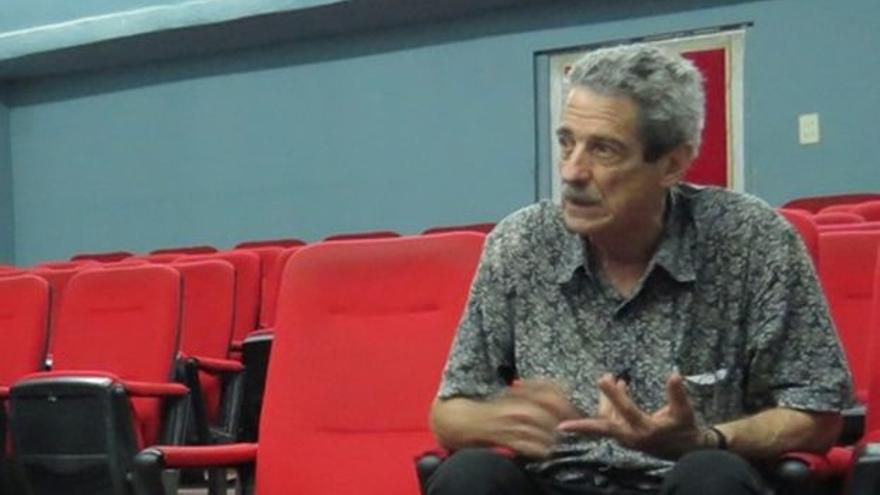
![]() 14ymedio, Havana, 22 July 2021 — Cuban filmmaker Fernando Pérez said that to overcome the crisis in Cuba that led to the July 11 protests a “new political language” needs to be built without violence and without the dark “acts of repudiation,” he stressed in an interview with AFP news agency.
14ymedio, Havana, 22 July 2021 — Cuban filmmaker Fernando Pérez said that to overcome the crisis in Cuba that led to the July 11 protests a “new political language” needs to be built without violence and without the dark “acts of repudiation,” he stressed in an interview with AFP news agency.
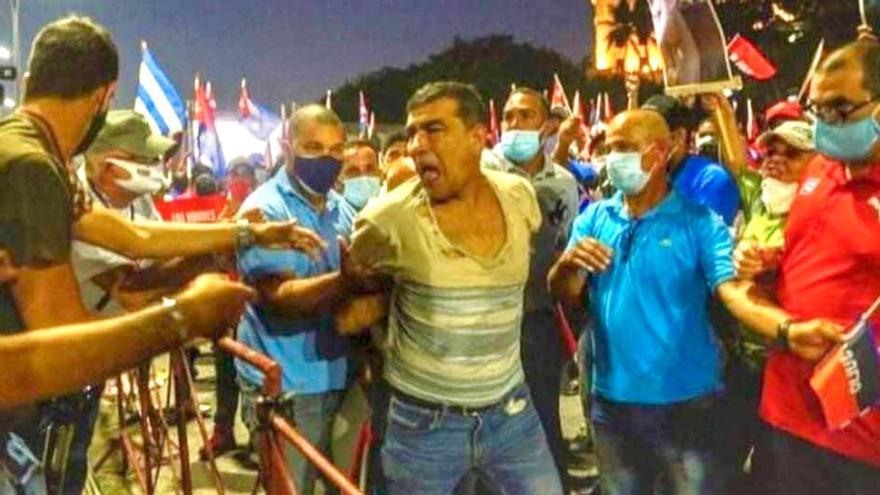
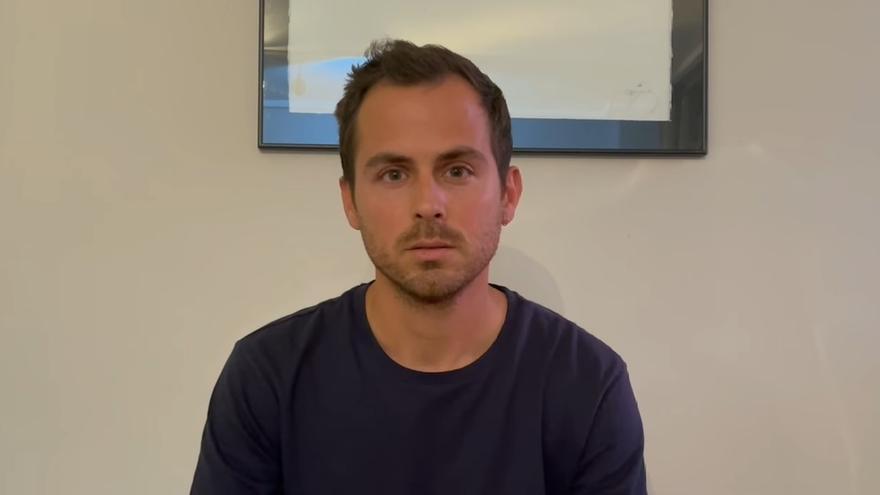

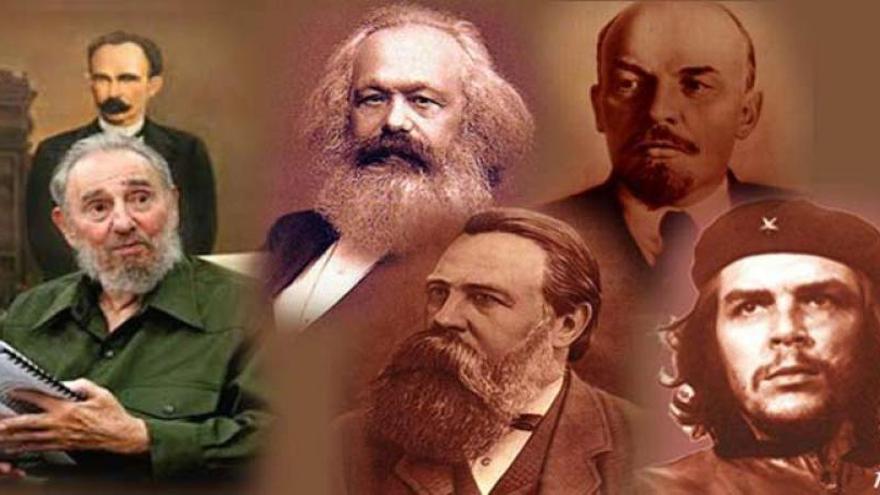
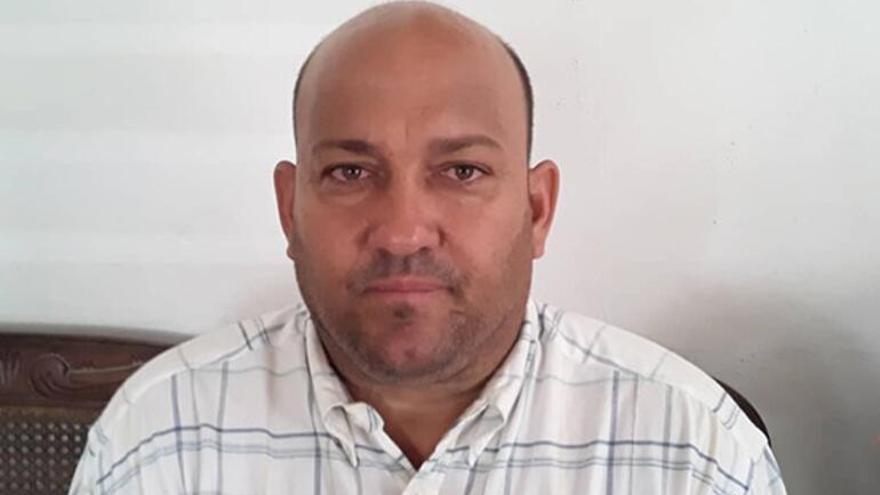
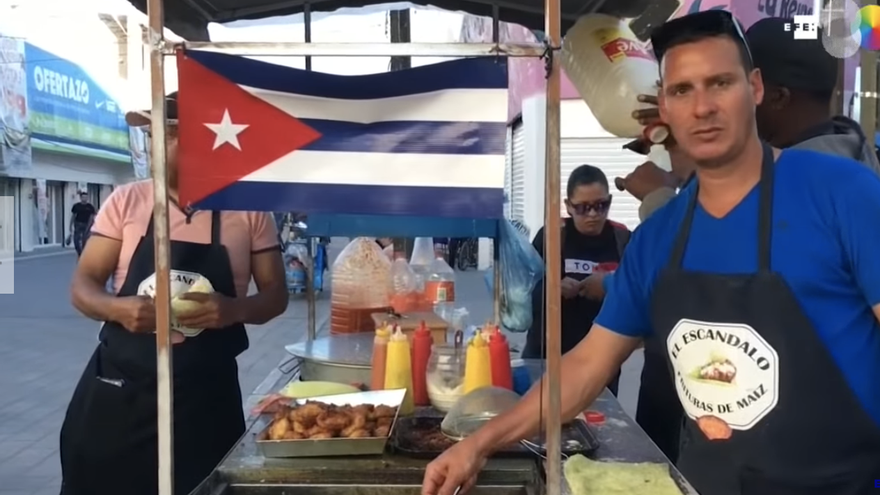
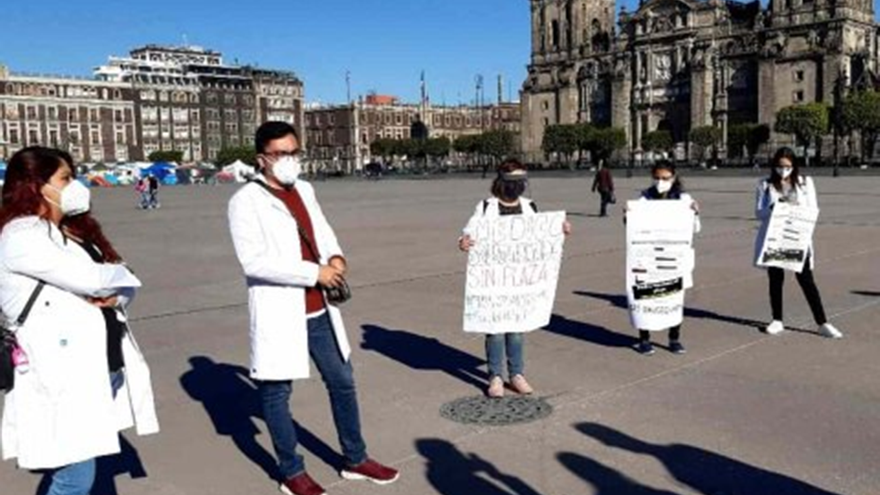
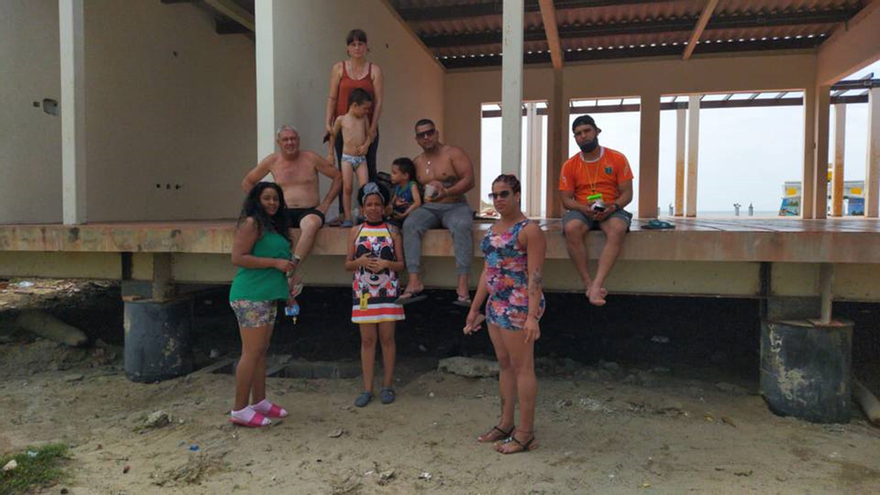
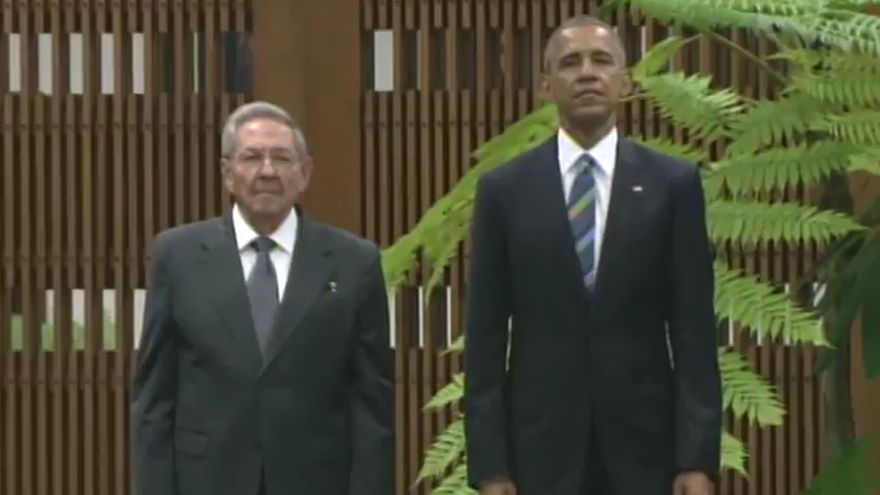
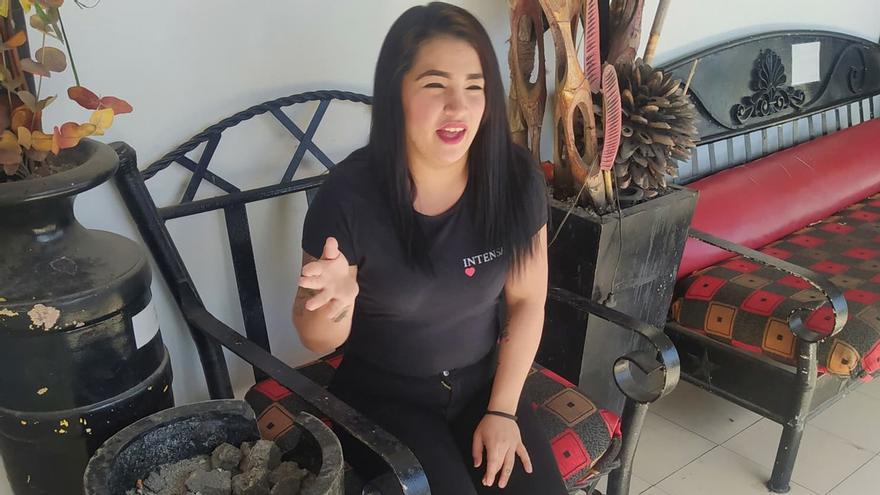
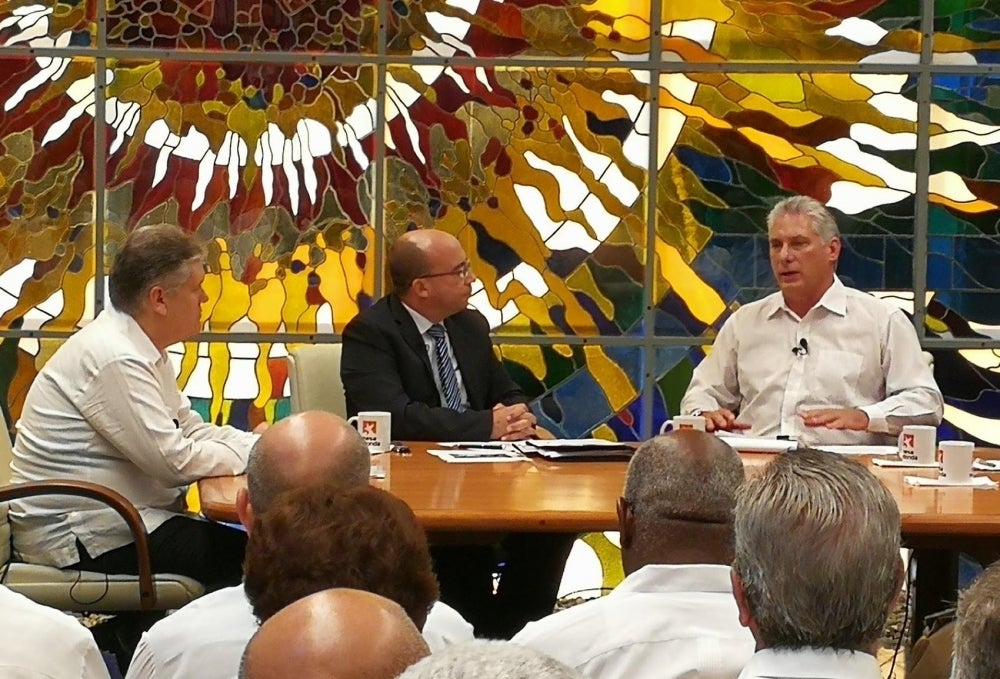
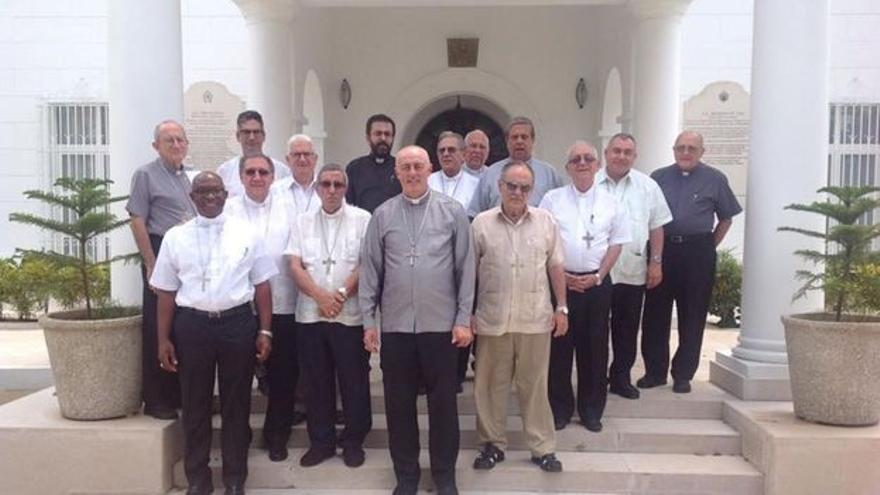
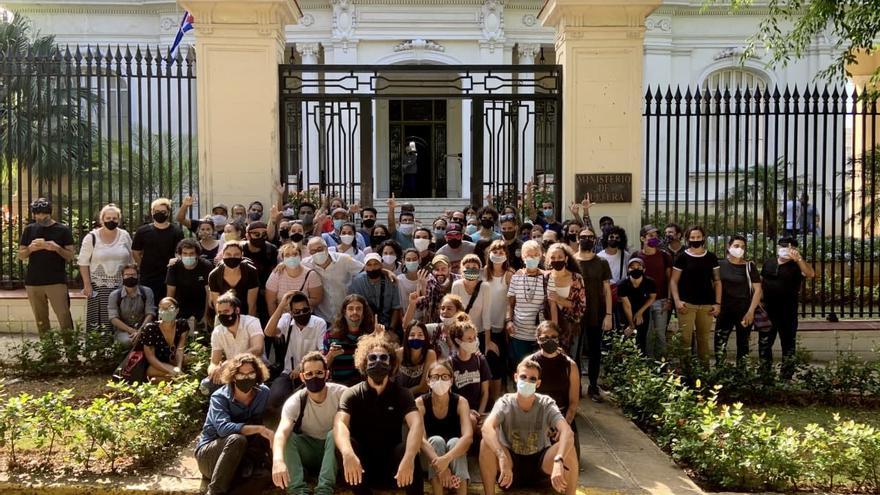
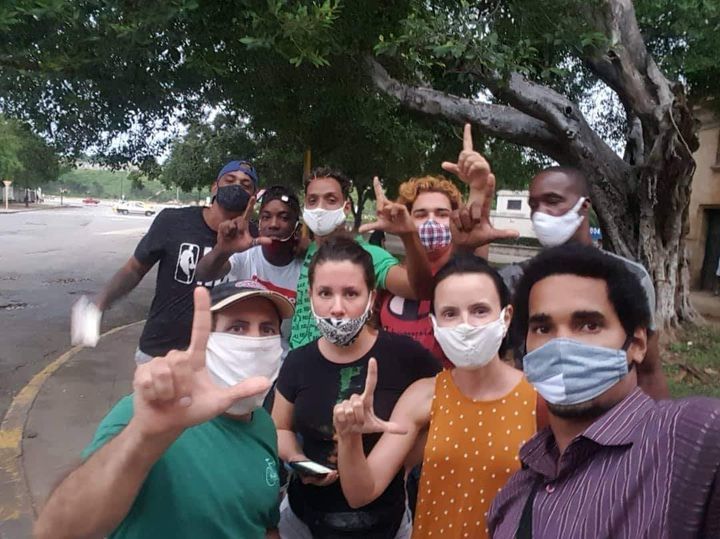 Artículo 19 and Cubalex — Article 19 strongly condemns the wave of arbitrary arrests that have been taking place since Thursday, November 12, against independent journalists, human rights activists and political opponents in Cuba. These events have been accompanied by interrogations, threats, seizures of work equipment, beatings, among other assaults.
Artículo 19 and Cubalex — Article 19 strongly condemns the wave of arbitrary arrests that have been taking place since Thursday, November 12, against independent journalists, human rights activists and political opponents in Cuba. These events have been accompanied by interrogations, threats, seizures of work equipment, beatings, among other assaults.